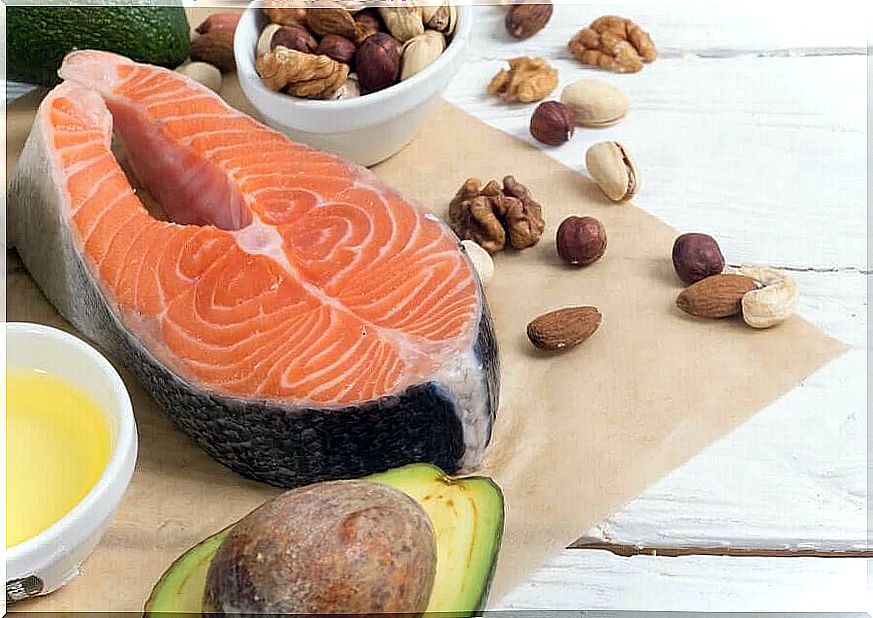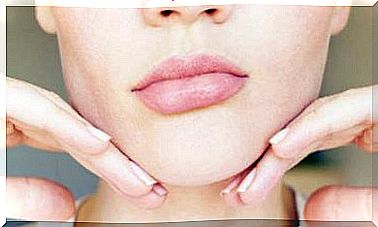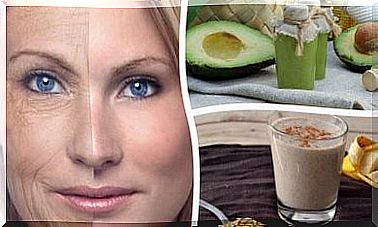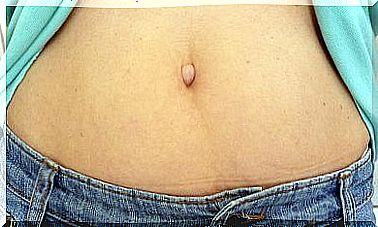4 Dietary Recommendations To Regulate Cholesterol
Learn how to regulate your cholesterol quickly, without complications and without drugs.

Has your doctor told you that you have high cholesterol levels? In this case, you may have been given medication and recommendations to regulate cholesterol. Improve your condition with the following dietary recommendations for regulating cholesterol.
You will find that these are practical and very quick tips. They are easy to integrate and won’t require you to spend more. Ready ? Take note and put them into practice today .
What is cholesterol?
Before giving yourself any dietary recommendations for regulating cholesterol, you should know that it is produced by the liver. Thanks to cholesterol , the cells in your body receive the right amount of nutrients.
The problem arises when the fats you eat are of poor quality. In this case, the lipid profile will be affected and the level of LDL lipoprotein oxidation will be higher. It can be harmful to health, according to a article published in the journal BMJ.
Dietary recommendations to regulate cholesterol

1. Eat monounsaturated fats
It is believed that in order to eliminate high cholesterol, one must stop eating all kinds of fats. In fact, one of the dietary recommendations for regulating cholesterol is to eat healthy fats.
Monounsaturated fats increase the amount of HDL cholesterol. It is the good cholesterol that we all need in large quantities.
Among the foods that provide these fats we find: olive oil, nuts, canola oil, coconut, almonds, eggs and avocado.
Try to include one of these fats every time (breakfast, lunch, and dinner). When purchasing them, it is important that you choose the best ones for the best results.
Remember to watch the portions you take or you can easily exceed the recommended calories. Something you should never do is mix two natural fats together unless you have well-controlled portions.
For example, if you add nuts to your salad, avoid seasoning them with oil. Instead, add a splash of flavor with a dressing or similar condiment.
2. Add polyunsaturated fats, especially omega-3s

Another dietary recommendation for regulating cholesterol is to get enough omega-3s. Like monounsaturated fats, omega-3s reduce the amount of LDL cholesterol, according to one study published in 2016 .
In a study, it was found that people who cut off common fats to replace them with omega-3s reduced:
- Harmful cholesterol
- The risk of type 2 diabetes
- Insulin resistance
The best foods to get this type of fat are: salmon, tuna, nuts, and shrimp.
A good way to know that you are getting enough omega-3s is to add a serving of fish to your diet twice a week. However, although salmon is known for its omega-3 fatty acids, it doesn’t have to be eaten.
If your budget does not allow you to eat it often, prefer natural tuna. It is also beneficial but much cheaper. Of course, don’t forget to choose fresh tuna rather than canned.
3. Avoid trans fats at all costs
Another dietary recommendation for regulating cholesterol is to avoid trans fats as much as possible. These are typically found in foods that have been highly processed, such as commercial margarines, cakes, and breads.
They are one of the most used elements in the food industry because they have greater resistance to room temperature. In addition, they provide better texture.
Despite these benefits, trans fats affect the health of your heart and reduce the amount of beneficial cholesterol.
When shopping for processed, ready-to-eat, or frozen foods, check the label. Ideally, avoid those that say something like “partially hydrogenated”.
4. Eat enough soluble fiber
Soluble fiber is a compound found in vegetables that is difficult to dissolve in water and that the stomach cannot digest. This means it almost always reaches your digestive tract and forces it to work.
In addition, it is an essential element for the correct reproduction of beneficial intestinal bacteria (probiotics). When your body contains the right amount of probiotics, negative cholesterol levels drop dramatically.
Diet can influence lipid profile
When modulating the lipid profile, it is necessary to modify a series of habits. A varied and balanced diet, combined with regular physical activity, considerably reduces cardiovascular risk.
Eating mono and polyunsaturated fats and reducing the consumption of trans-type fats will improve your HDL lipoprotein levels. It will also help reduce the rate of oxidation of LDL cholesterol, a parameter linked to cardiovascular risk.









